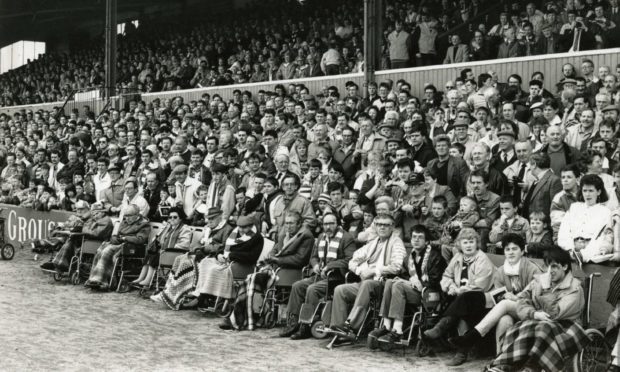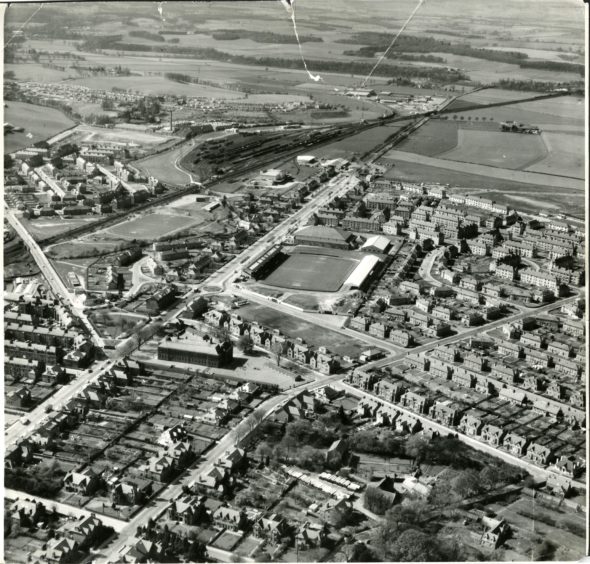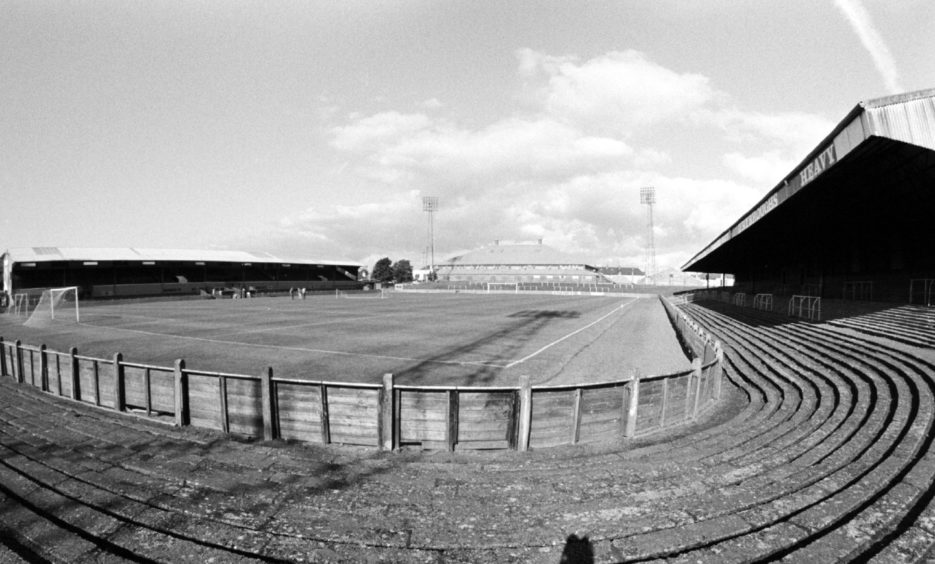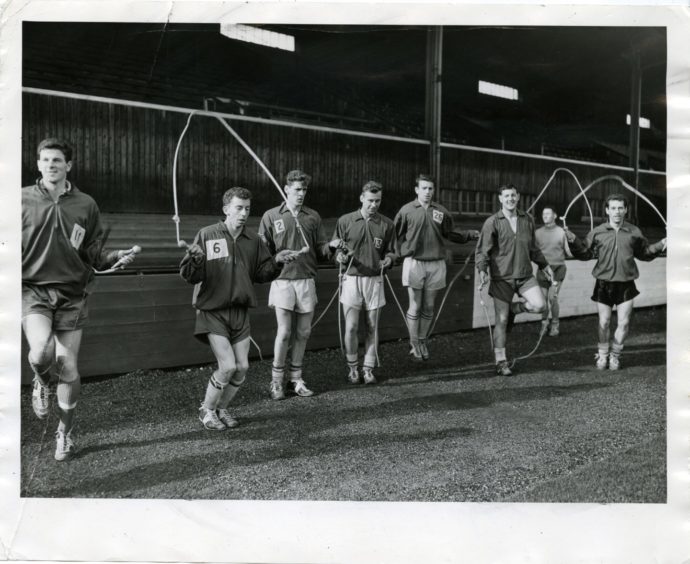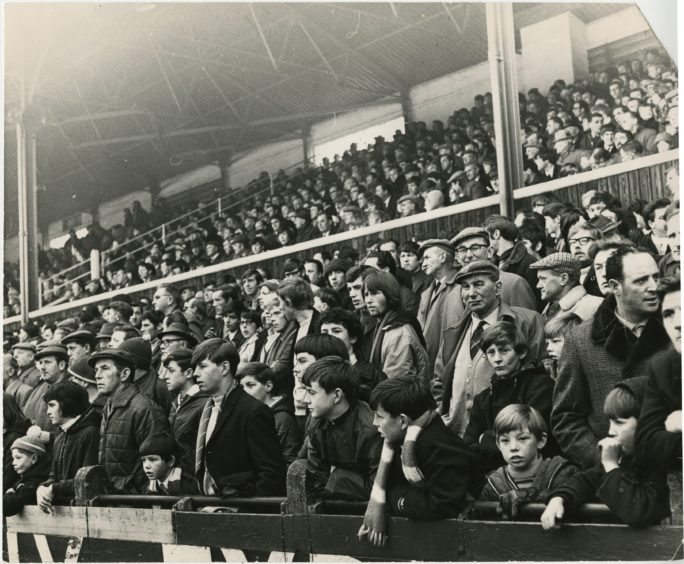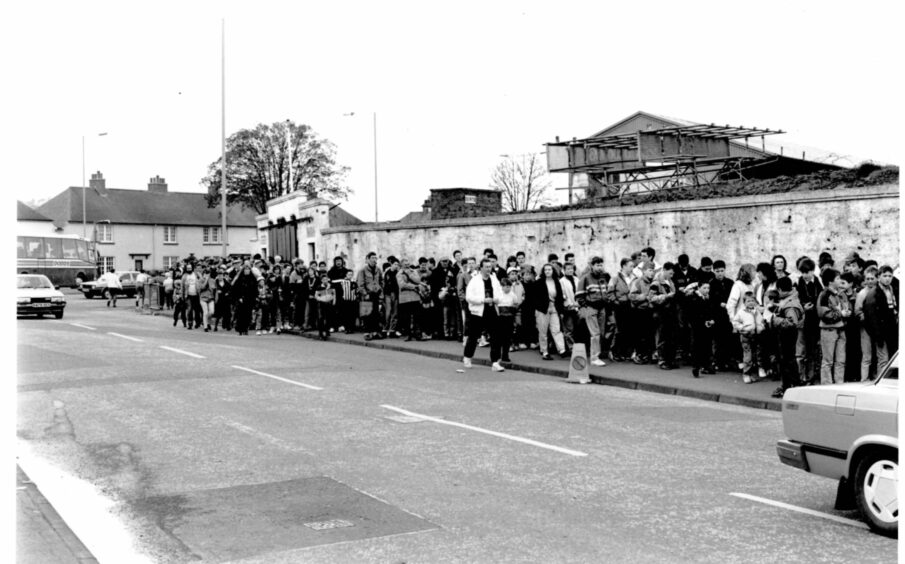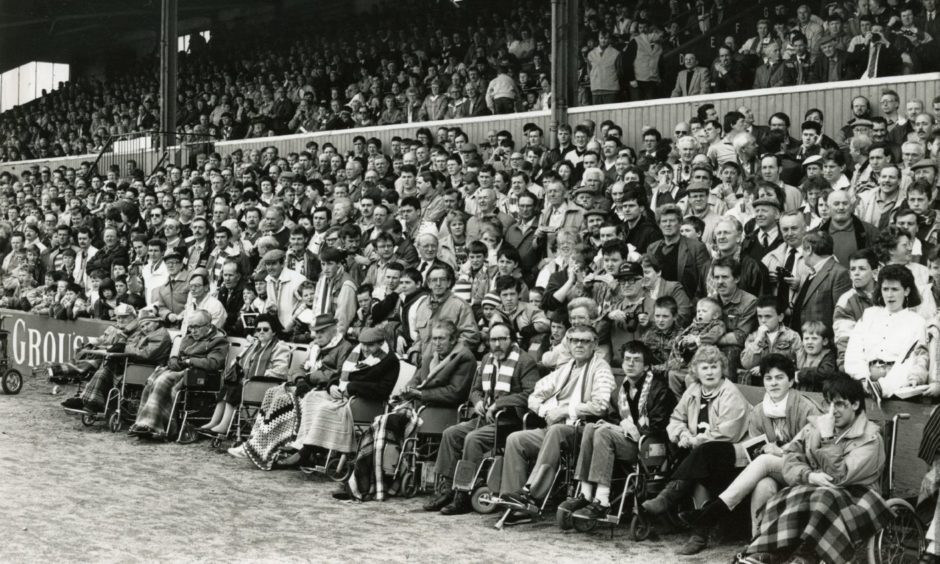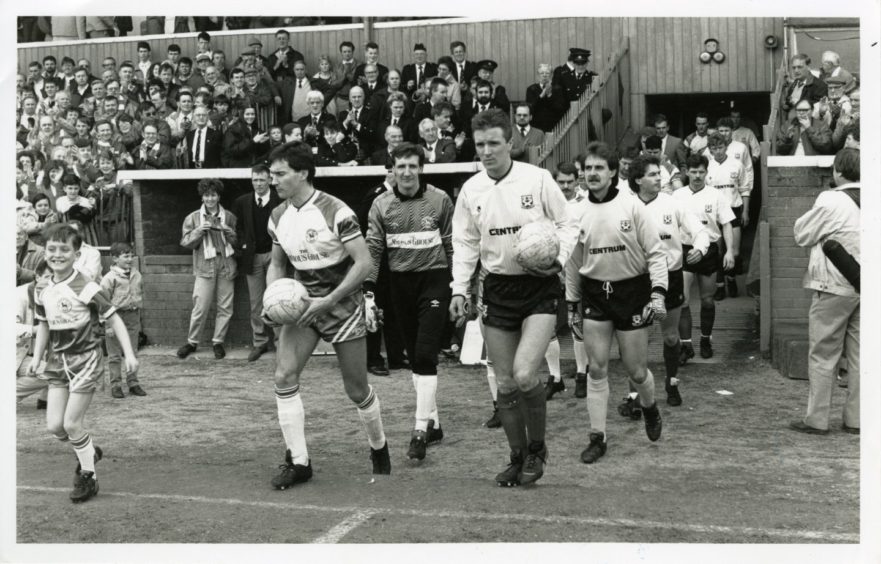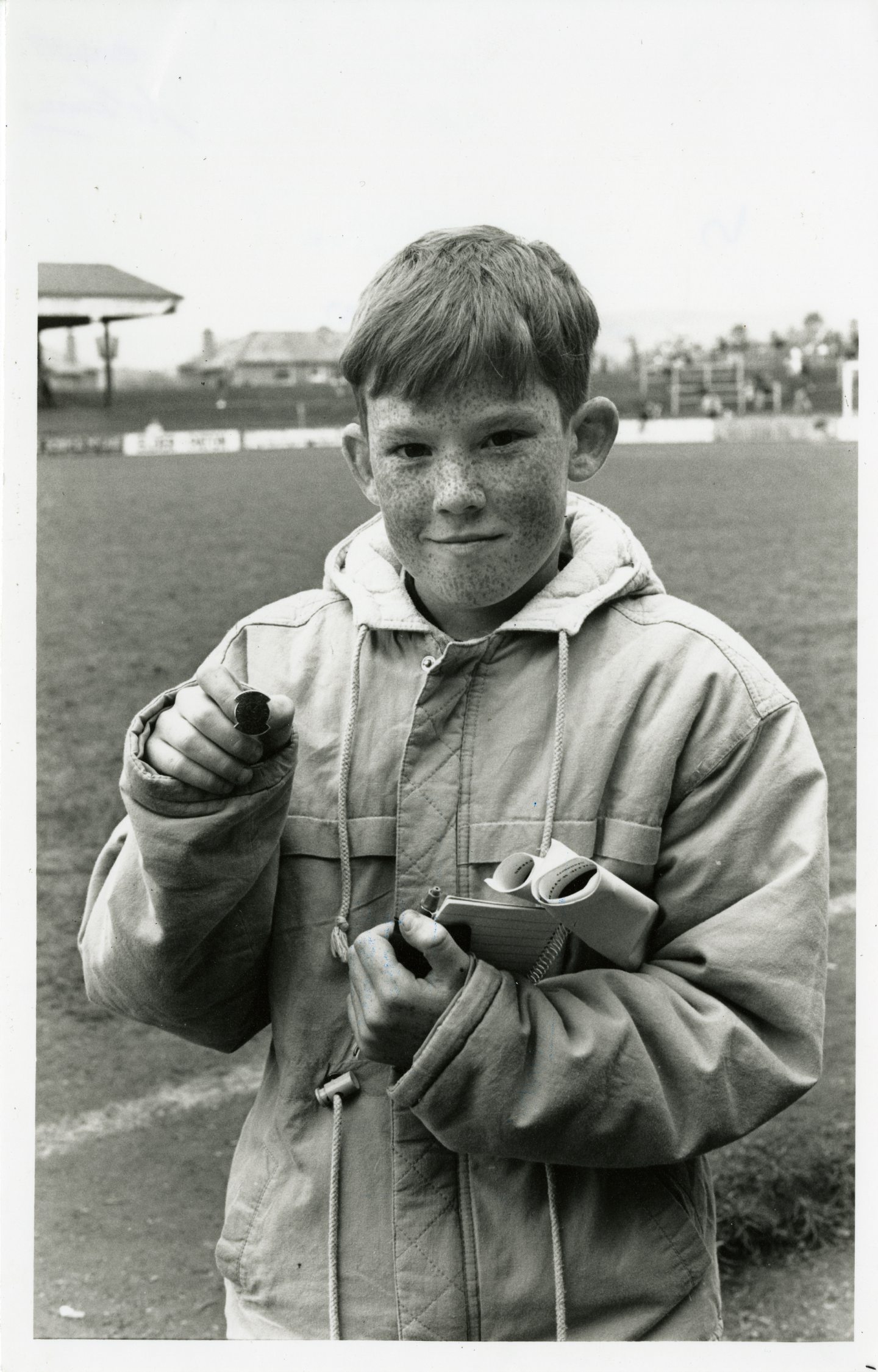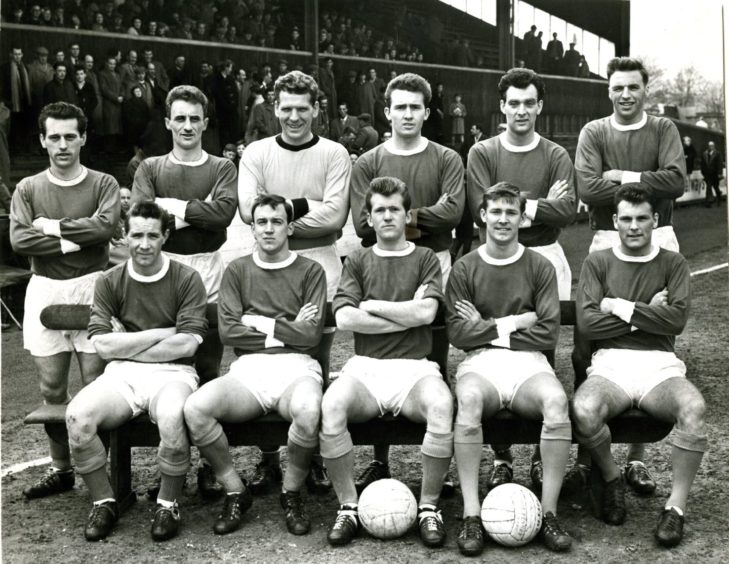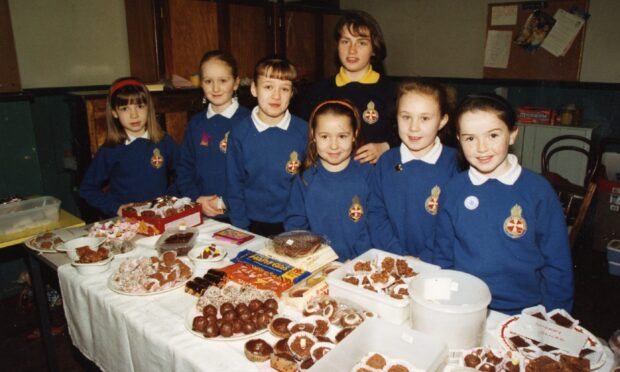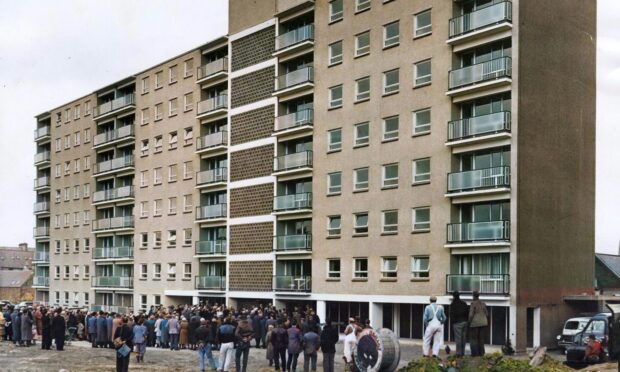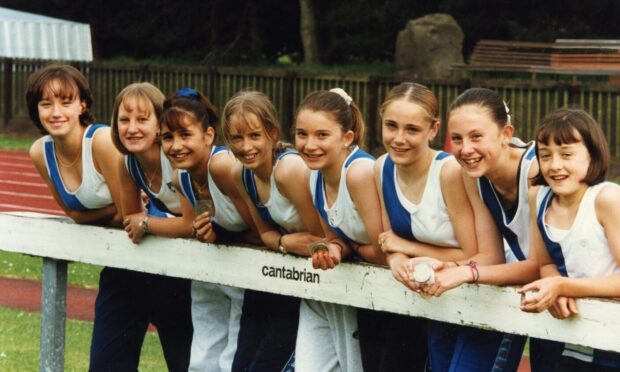Constructed on land bought for just £294 and home to the Fair City’s beloved St Johnstone for over 65 years, Muirton Park has a long history from its first match on Christmas Day 1924.
Muirton Park was the second home of the Saints. Following their formation in 1885 the clubs 20 members each put in £1 and were able to lease land close to Perth Prison from Sir Robert Moncrieffe and gave it the name The Recreation Grounds.
The Recreation Ground wasn’t without its problems though as the ground was prone to serious flooding with the fire service being called in to action to help clear the drowned pitch before a Scottish Cup tie with Rangers in 1909.
By the 1923-1924 season change was afoot in a number of ways when St Johnstone battled against Cowdenbeath for the Scottish League title, with the Saints winning by a single point to take the title and a promotion to the First Division.
With the promotion the club agreed that a new home was needed to keep on par with their division rivals and in 1924 the committee agreed that refurbishments or construction on the Recreation Grounds site would prove too costly and with access problems having already arisen it was agreed that the club would move to a new site.
The club closed the Recreation Ground with a 4-2 win over Kilmarnock.
After the conclusion was made that a new home was on the horizon, land in the city’s Muirton area was chosen as the preferred site out of several given serious consideration.
The adjacent Dunkeld Road was described as an “excellent public highway” meaning the previous access issues would be solved with the area also being served by the city’s trams. The underlying soil conditions were also ideal for creating a pitch.
Following the committee’s agreement work began on the Muirton Park construction which was built in similar ways to almost all football grounds of the era.
The design was basic with uncovered terracing on three sides of the ground with the main stand running along the Dunkeld Road side of the pitch.
The main stand was made of steel and concrete but with wooden flooring and seating and Muirton Park’s pitch was of international standard and dimensions.
The Saints new home was opened on Christmas Day 1924 with a league game against Queen’s Park with the home team winning 1-0 in front of an estimated crowd of 12,000 with former Burnley player David Taylor as manager.
The stadium was largely unchanged until the 1950s when the East Side was given a terracing cover. A record attendance of 29,972 was set by a 1950–51 Scottish Cup tie against Dundee with the home side being knocked out of the second round with a 3-0 defeat.
More change was afoot in the 1960s when the stadium’s floodlights were installed and were first used in November 1964 during a match against Hearts.
Reigning FA Cup holders West Ham were invited up to Scotland for a challenge match that December to commemorate the inauguration of the new floodlights.
In May 1985, the dreadful fire at Bradford City’s Valley Parade ground which claimed the lives of 52 people had brought the safety of football grounds into sharp focus.
It quickly became apparent that the 61-year-old stand at Muirton Park – with seating and flooring made of wood – had the same potential for disaster and did not meet the requirements of the Safety at Sports Grounds Act 1975.
The North Stand, plus part of the Centre Stand, of Muirton Park were closed off as a direct result of the fire and of the 2,185 seats in the main stand, only 500 were permitted for use.
The future looked bleak for Muirton Park with St Johnstone looking at huge costs to bring the ground up to modern standards. Muirton Park had remained almost unchanged until a permanent segregation fence was put in place prior to a Scottish Cup tie against Aberdeen in 1988.
With new Chairman Geoff Brown at the helm, the Club were approached by supermarket chain Asda who were looking for a site Perth, and Muirton Park was in their sights.
Lengthy negotiations followed with deals almost falling through on a number of occasions before a deal was struck which would see Asda foot the bill of just over £4 million to build a new stadium for Saints and in return they would use Muirton Park as the site of their new store.
The 1,227th competitive game at the stadium would also be the final match at Muirton Park on April 29 1989.
Visitors Ayr United would go on to win the match 1-0 with former St Johnstone player John Sludden becoming the last ever goal scorer at the venue.
Despite the loss the game its self didn’t seem to matter much to the emotional fan base who invaded the pitch at the end to take in the surroundings one last time.
Many of those who ran on to the pitch came away with more than just memories though as the turf was ransacked with many fans heading home with their own little piece of the famous old ground.
Lifelong St Johnstone fan and former sports journalist Jim Masson recalls found memories of games at Muirton Park where he first visited at just four-years-old alongside his father and uncle in 1957.
He said: “I saw many, many good games there and many awful games as well.
“I remember as a kid I lived in the centre of town and me and my pals would go to the South Street Cooking Depot with money our mums would give us for our lunch before walking up to the park which was a fair trek, probably about a mile and a half.
“We would watch the game then come past Holdgate’s fish shop for our tea on the way home. Every Saturday we were at home we would do that.
“My first game was St Johnstone 1 Albion Rovers 1 and I was just four years old at the time. That was the start of my love of football and St Johnstone. I must have visited the ground a thousand times after then.
“The crowds weren’t that big but they were passionate, it was a nice ground although ultimately it was getting a bit old and a bit tatty so needed replaced when it did.
“I particularly remember the European games against Hamburg and Vasas Budapest in the early 70s. The grounds were packed.
“St Johnstone were very up and down they were either very good or very bad so I saw the best of them and the worst of them at the park during those times but it was great memories and part of my growing up.
“I have a lot of fond memories from the time as a lot of people my age do, it was sad to see it go but it had had its day.”
On August 1989, the UK’s first all-seated, purpose-built football stadium was opened in Perth when McDiarmid Park, named after local farmer Bruce McDiarmid, who donated the land on which the stadium was built, held its first match with St Johnstone defeating Clydebank 2-1.
